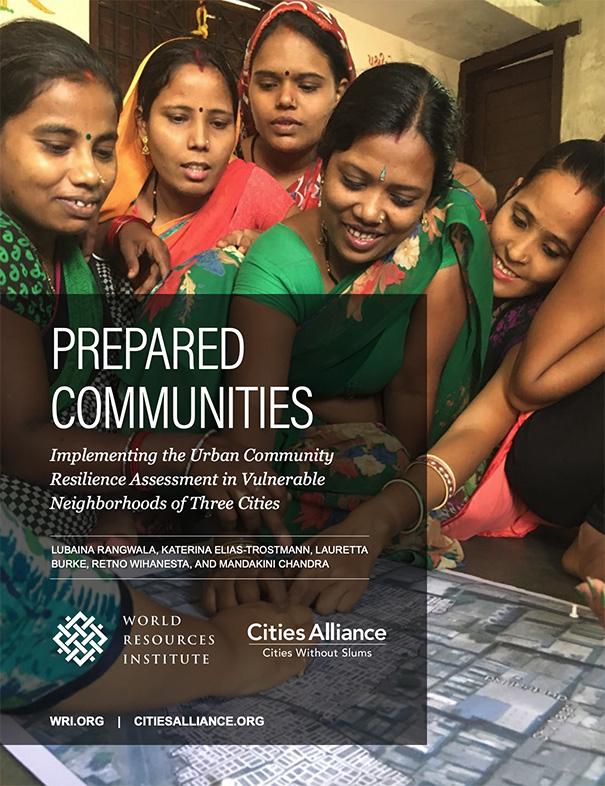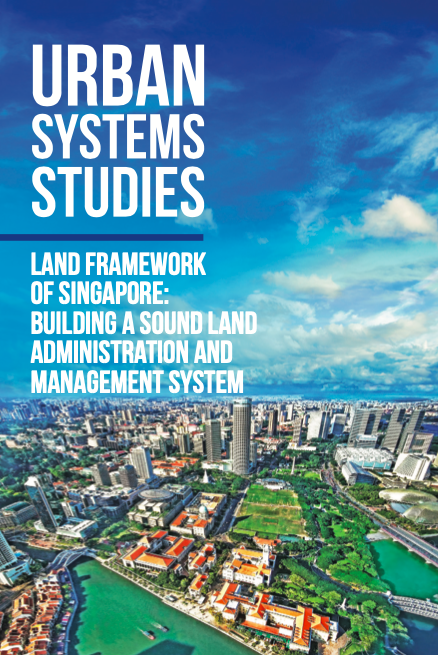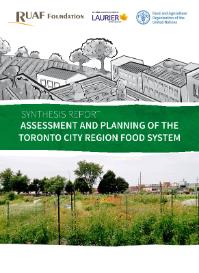State Control Versus Hybrid Land Markets: Planning and Urban Development in Transitional Hanoi, Vietnam
During the post-reform period since 1986, land-use systems in Vietnam have been reformed in terms of the regulation of land markets and the built environment. This study analyzes the changing role of urban planning and the policy of state intervention in land markets to manage spatial changes in Vietnamese cities. Theoretical and empirical approaches are used to analyze urban development and planning practices in Hanoi. The study further describes the constraints of planning systems in hybrid land markets that include both formal and informal land development.









